Unknown Facts About Fats
Great chefs know fat adds flavor. That’s why French cooking is so full of pure, delicious butter. But if you’re like most people, you want to cut down on your “unhealthy” consumption of fat.
Here’s what you need to know to make your food both flavorful and more healthy.
What is Unhealthy Fat?
Unlike Americans, not all fats are created equal. Scientists recognize three types of fat: saturated, polyunsaturated and monounsaturated. Saturated fat is the least healthy because it can raise your LDL (“bad”) cholesterol. Some places you’ll find saturated fat include coconut, cottonseed, and palm kernel oil, as well as butter and lard.
Polyunsaturated fats, on the other hand, can lower your LDL cholesterol- but they can also lower HDL (“good”) cholesterol. Therefore, they should be avoided or used in moderation. Margarine is a common source of polyunsaturated fat.
Monounsaturated fat is considered the best of the fats since it can lower LDL cholesterol without also lowering HDL cholesterol. Canola, olive, and peanut oil are some common sources of this type of fat.
Choosing Your Fat
Typically, the fat of choice for most cooking is olive oil; it has a nice flavor and is better-for-you fat that is pretty much all purpose. (Avoid it for frying, however.)
The Different Types Of Olive Oil
Which type of olive oil you choose depends largely upon your personal taste and what you are cooking.
Extra-Virgin Olive Oil
Considered the best quality olive oil, requiring only small amounts to obtain great flavor.
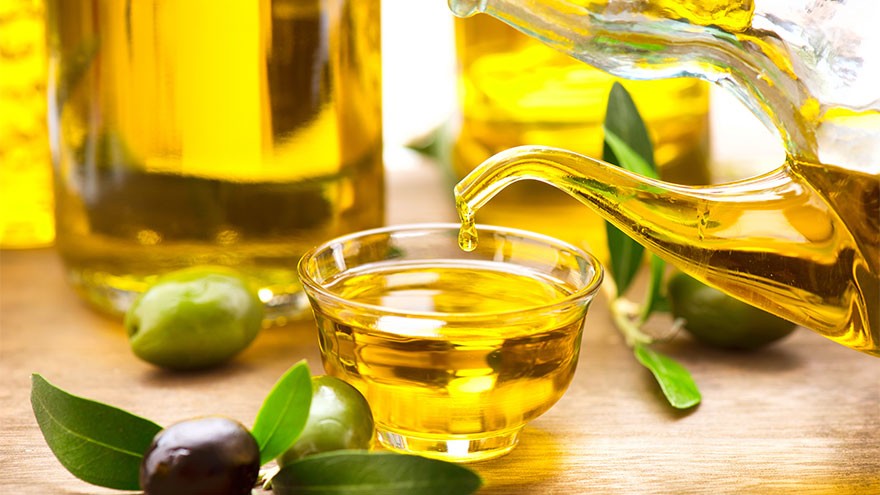
Virgin Olive Oil
Next best, but you’ll need more of it to obtain good flavor – which means adding more calories to your diet.
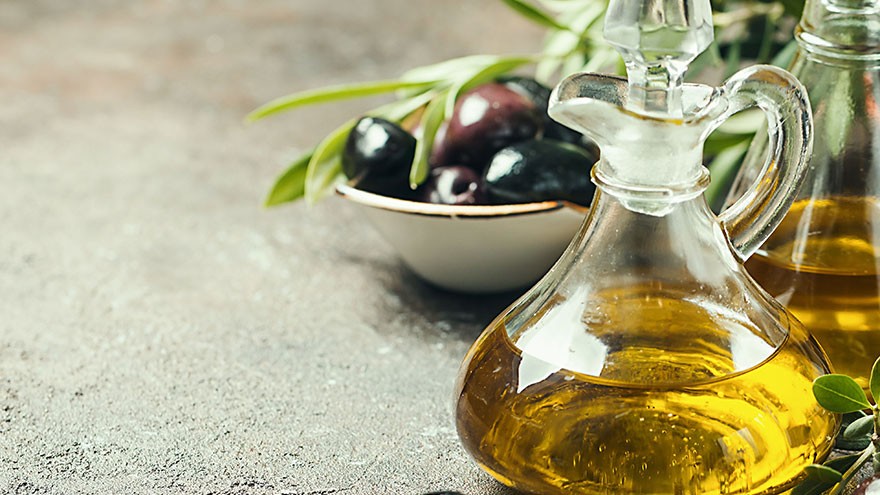
Light Olive Oil
“Light” only in that it has a lighter color. This is highly processed oil that is far less flavorful and less healthy (because the natural antioxidants are destroyed). This oil is never a good choice.
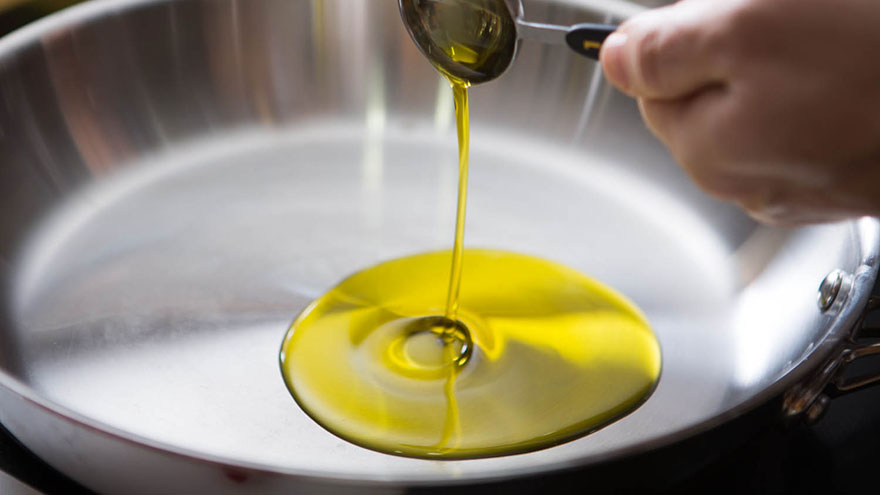
Other Popular Fats
When choosing between other popular fats, here are some tips.
What is Butter Oil?
Butter is still the fat of choice for many chefs, and while it may not seem like a healthy choice, many studies show otherwise. Despite being a “bad” fat, butter actually has nutrients that protect against heart disease, including vitamin A, lecithin, and antioxidants. Butter is an especially good choice for baking, but is essentially all-purpose.
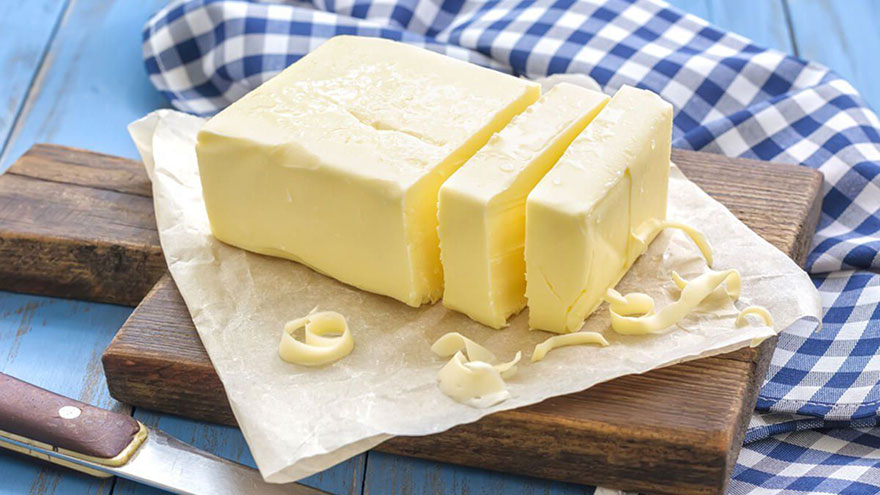
What is Vegetable Oil?
Vegetable Oil is inexpensive – but a good source of saturated fat, It’s mostly used for frying.
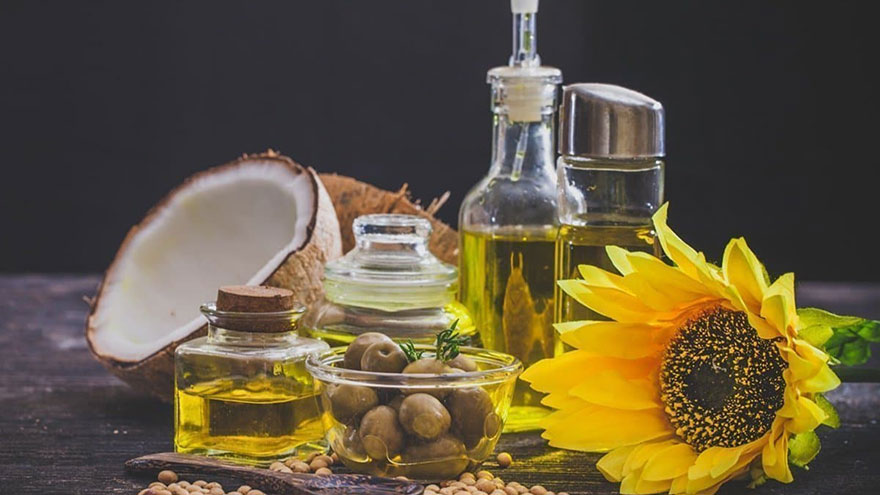
What is Canola Oil?
Canola Oil is a good source of monosaturated fats, as are avocado, almond, hazelnut, peanut, and walnut oils. Canola oil is a good all purpose oil, while the others are best for sautéing or salad dressings.
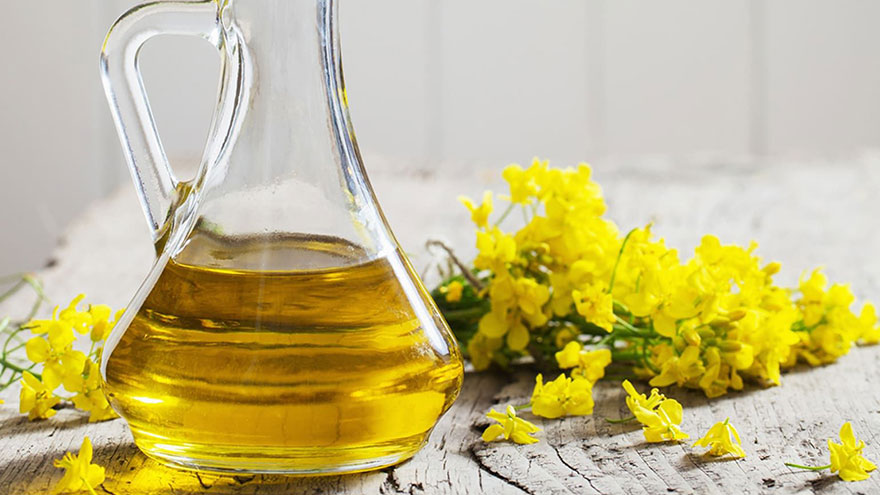
What is Lard Oil?
Lard is, let’s face it, unhealthy. Still, many chefs prefer it, especially in baking.
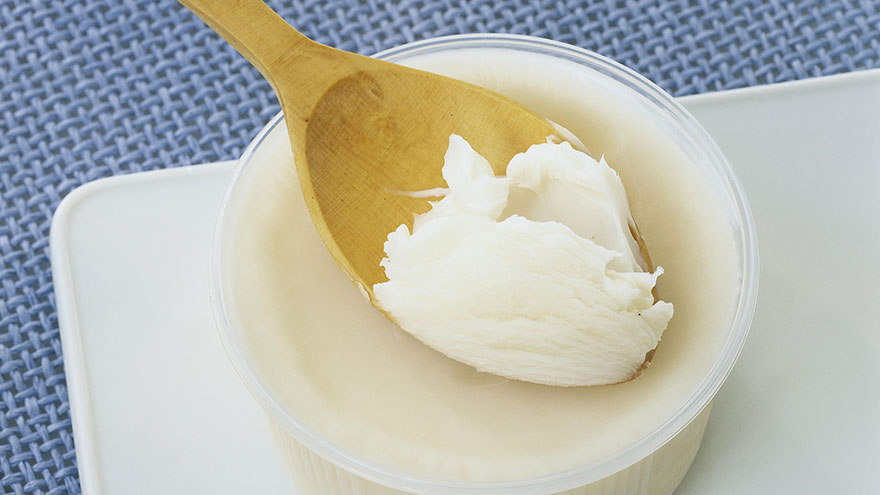
Check out the video version of this article on YouTube : Unknown Facts About Fats

